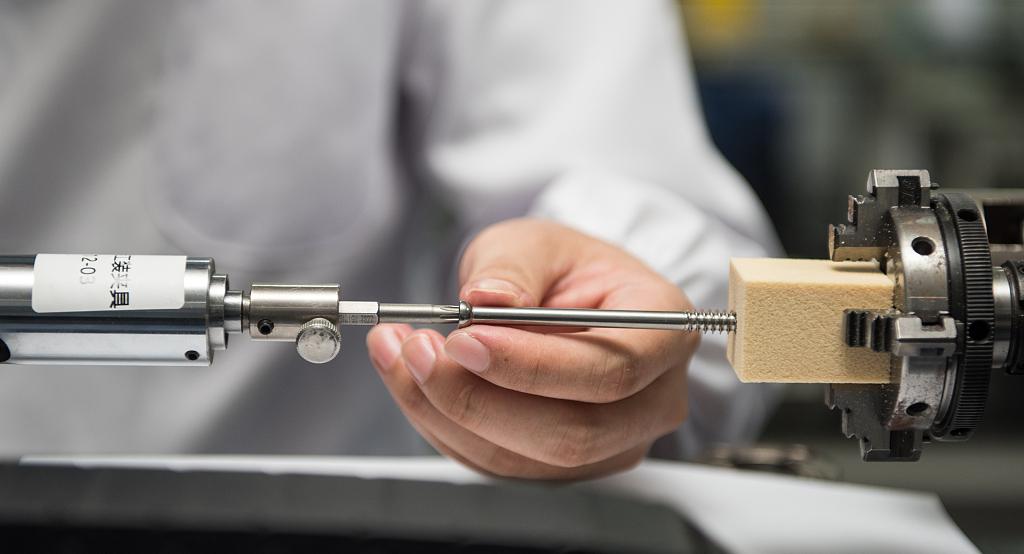Source: Global Times
The British World University News website August 29 article, original title: It is time to restart scientific research cooperation with China It is time to take a reverse, positive view of US-China scientific and technological cooperation and academic exchanges. The United States and China began to cooperate in science and technology, education and academic exchanges in the early stages, and exchanges were less frequent. Admittedly, the Chinese were talking about narrowing the technology gap with the West and eventually catching up, but people didn't seem to think that China was a serious challenge. Initially, scientific and technological cooperation was mainly promoted by the government.

Infographic
Today the situation is very different. Non-governmental exchange and cooperation initiatives go far beyond government-led projects. Well-known universities in the United States have various cooperation agreements with their Chinese counterparts. At the same time, a number of changes have altered the competitive environment between the two countries. Previous simple exchange programs in the United States have raised concerns about national security, access to technology, intellectual property, and other issues. This casts a shadow over areas that would otherwise promote trust and understanding, and exchanges and cooperation thus become more complex. This summer, the United States passed the Innovation and Competition Act, which contains a large number of anti-China provisions, highlighting growing concerns about the rise of the so-called "China threat." Here are a few disruptive changes to show you why it may be time to adjust and re-establish bilateral partnerships.
innovation. From seeing China as an innovation laggard to seeing China as an innovation leader. Today, China ranks second in terms of global R&D spending. In the World Economic Forum's Global Innovation Index 2019 and 2020, China ranks first among middle-income countries. This reflects its growing, but not yet fully realized, potential for innovation.
talent. The U.S.-China scientific and technological relationship has shifted from being highly asymmetrical to being more reciprocal in terms of capabilities and strengths. For example, China's R&D spending has been steadily rising and now has a huge pool of high-end science and engineering talents. China is already an important creator of intellectual capital, not a simple recipient.
From catch-up to competition. China's focus has changed, from catching up to competition. China is no longer a simple rule-taker and seeks to be a rule-maker. China is no longer a marginal player in international science and technology affairs, but has become one of the major influential countries.
technology transfer. China has gone from being a mere learner and recipient of information to a source of technology transfer and a shaper of cross-border technology standards.
Talent returns. China has reversed the brain drain, attracted qualified talent to return home, and actively recruited scientific and engineering talents from around the world.
The operating conditions of U.S.-China scientific and technological cooperation and academic exchanges over the past 40 years have undergone fundamental changes. Now it's time to consider redesigning a new framework for collaboration. By establishing a new 2.0 framework, perhaps we can restore some of the trust and goodwill that has been lost. When China's scientific community and educational institutions can put considerable amounts of knowledge and expertise on the table and bring substantial value to the world, it would be foolish for the United States to alienate or impose new restrictions on cooperation. Now, it's time to wake up from the endless fear of China and recognize that China's rise can be a win-win rather than a zero-sum. (Translated by Dennis Simon and Chen Jun'an)